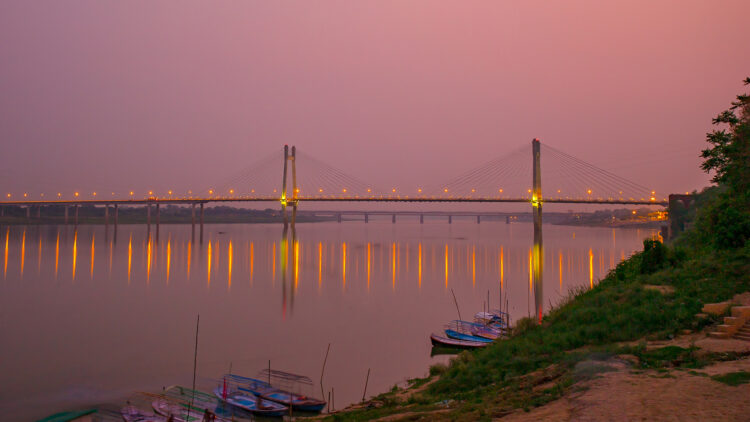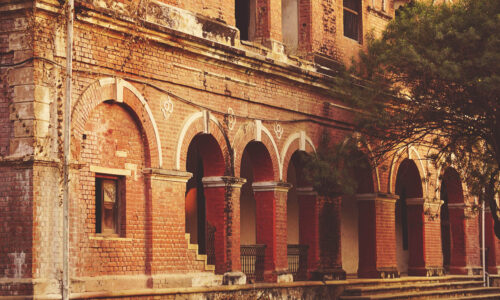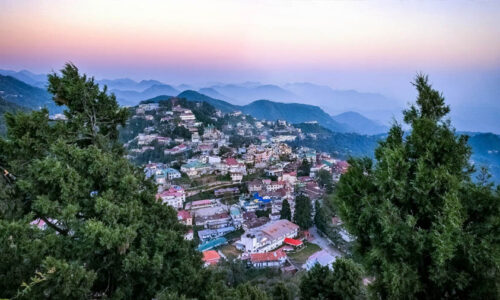Introduction: Allahabad’s Diminished Stature
Once the educational and political heart of India, Allahabad now stands as a shadow of its former self. The era of Anand Bhawan’s political centrality has passed, and the University of Allahabad no longer produces the same constellation of scholars. The city’s famed Civil Lines market has also lost its original luster. Recent events, particularly the renaming to Prayagraj, have brought the city back into the national discourse, albeit amidst controversy.
The Renaming Controversy: Prayagraj and Political Motivations
The unilateral decision to rename Allahabad to Prayagraj, coinciding with Emperor Akbar’s birthday, had ignited a national debate. While supporters celebrated the restoration of an ancient name, critics viewed it as a political maneuver, potentially aimed at influencing upcoming elections. Online campaigns and petitions reflected widespread opposition, challenging the government’s historical claims.
Prayag’s Historical Significance: A Pilgrimage Center
Prayag, situated at the confluence of the Ganga and Yamuna, was undeniably a major pilgrimage site in ancient and medieval India. Rigvedic texts and epics like the Ramayana and Mahabharata highlight its sacred status. Travelers like Hiuen Tsiang documented its religious importance. However, historical records suggest that Prayag’s primary role was religious, with neighboring cities like Kausambi and Pratisthana (Jhusi) holding greater political significance.
Akbar and the Founding of Ilahabad: Strategic Importance
During Akbar’s reign, Prayag’s strategic value was recognized. In 1574, Akbar established Ilahabad, transforming the site into a military and administrative hub. Historical accounts, including those of Abdul Qadir Badauni and Abul Fazl, indicate that Ilahabad was a new city, not a renaming of existing Prayag. Mughal chroniclers consistently referred to the holy site as Jhusi-Payag.
Ilahabad/Allahabad’s Mughal Legacy: Forts and Gardens
The city, known interchangeably as Ilahabad and Ilahabas, features significant Mughal monuments, including the Allahabad Fort and Khusrau Bagh. The fort, though altered by British occupation, remains a symbol of Mughal power. Khusrau Bagh, a sprawling garden, houses the tombs of Jahangir’s family, showcasing intricate Mughal architecture and art. The Asoka Pillar is also contained within the fort, adding layers of historical depth.
Mughal Architecture: Symbolism and Imperial Power
Mughal architecture served not only as an artistic expression but also as a demonstration of imperial power and wealth. Similar to Asoka’s pillars, Mughal buildings asserted authority and presence. The current debate over the renaming reflects a broader struggle to reconcile historical legacies with contemporary political agendas, and the desire by some to remove what they see as signs of a “Muslim past.”
Conclusion: History, Identity, and Modern Political Debates
The renaming of Allahabad to Prayagraj underscores the complex interplay between history, identity, and modern politics. While the city’s ancient religious significance is undeniable, the renaming is viewed by many as a politically charged act. As Allahabad/Prayagraj navigates its evolving identity, the debate highlights the ongoing negotiation of India’s historical narratives and present-day political realities.
This article was originally published in The Indian Express on October 28th, 2018. The link to the article is – https://indianexpress.com/article/express-sunday-eye/once-upon-a-time-in-prayag-5420922/. It has been modified to make it more blog-friendly.





Prayagraj may honour ancient traditions, but Allahabad embodied synthesis. Akbar’s vision of confluence, not just of rivers but of cultures. The Allahabad Fort and Khusrau Bagh stand as testaments to this shared heritage, now seemingly deemed dispensable.
The renaming feels like a theft of memory. When I say “I was born in Allahabad,” I’m now corrected as if my birth certificate retroactively lies. My emotional attachment to Allahabad isn’t merely nostalgic; it’s existential. I remain, forever, a child of Ilahabad – adrift in Prayagraj.
Very Informative and fruitful article. Thanks Sir
Thank you very much!